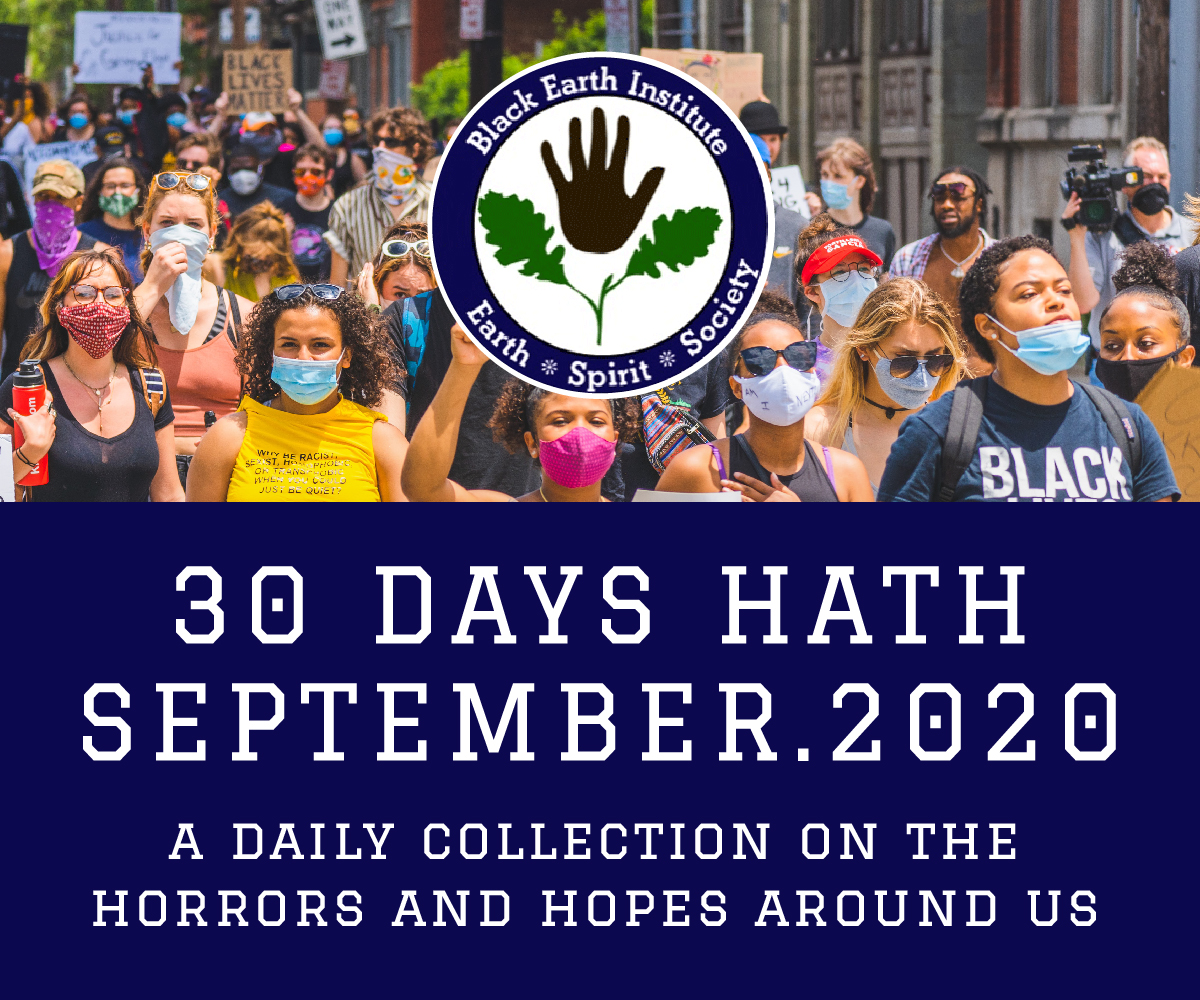
By Seamus Cashman
“I don’t see how Henry, pried
open for all the world to see, survived.”
John Berryman, Dream Song 1
This Now
Where to begin? What to say? How? Questions keep coming. Sometimes it is not easy to understand one’s own responses to daily simplicities. Today I skipped breakfast. Silently. Went on a long walk.
Governments struggle with words. Words with clarity? Not easy. Sometimes ‘they’ get it wrong. Sometimes right. ‘We’ are unforgiving, or forgiving, or perhaps forgetting, avoiding.
Viral languages confuse too. Emojis screen-filling my online daily meditation – prayer-full palms, little hearts, wee flowers in reds, yellows, greens and blues. That giant plastic throbbing RED in-your-face heart. Finger touches. No words. Eyeroll. Traffic light are more congenial, complete and in essence, honest. Words require thought and make demands. Text-speak doesn’t.
What does silence excuse? Or lies! Perhaps we will all die of Supreme Court failures? Language abused, mis-used, defying truth and responsibility. Life continues, for now.
This Other Now
There is joy in this world of ours. Is it ours? This world? It belongs to us. We belong to it. What else is there? We can probably all agree that ‘We belong here’. Words! We grow them. We muddle up usages. ‘To belong’ in the mid-14thcentury meant ‘to go along with, to properly relate to, to pertain to.’ By century’s end, it had been weaned, ‘to be the property of’, ‘to be a member of’. Yet, the primary meaning remains preserved in common usage such as ‘I have a strong sense of belonging’, ‘You belong here’. Belonging as emotion or instinctive understanding. An emotion, as joy is. We term it instinct perhaps in other animals.
What then might we do with this joy on offer? Store it up? Kill it? Spread it across the open drills of all the ploughed fields outside? Lock ourselves in with it; close doors and windows; couch ourselves in satisfying notions: ‘Hell is other people’? And watch the slow decay — months of composting, addled brains, stultifying bodies. And die. Us both, me and the joy?
There is pain in this world of ours. Our pain. Everywhere. In spite of the joy, sometimes perhaps consequential. This pain — I see yours and it reminds me. I curse behind closed panes of glass, expelling foul word and thought that rise uninvited, that squeeze through my defences. Undermining my sense of self, sense of belonging.
I ask where joy is going. Is our sense of grace departing too? I search and scratch about but only tease the pain some more. I meditate. Not on the absent joy, the diminished joy. Not on the troubled pain, the angers, upsets or fear’s futures.
No. I meditate on clay, on the clay around me. This clay I am. That we all are. This same rural clay; city clay; river and ocean clay; airborne clay; household clay.
Today, the original satan’s nagging presence has gone to ground, though god’s seems to still persist. Good and evil continue to burrow in ditches and pastures, but with less mystique, more immediacy. I recall childhood fear of Satan (with capitalised S). Today, mankind is that source of fear. We can manage the virus. Look around. Pain is birthing from within ourselves. Watch it leech from us leaving slime trails across kitchen floors, doorways, motorways, skyways, waterways.
But joy is nourishment that can centre, empower, awaken. It will transform difficulty, through action, into something we can reform. Like the poet’s ‘Henry’, I too think I’m good and never ‘hack’s up’ bodies — nor minds. Viruses, the inherent greed of power, and human rights abuses are always closing doors, building walls, making boundaries.
A thing about closed doors is that handles and hinges can break or rust. And a thing about walls is that winds blow over and around them, and humble worms with myriad other creatures made of clay come and go beneath. Boundaries.
The clay we are, we share. We belong to. —So then, claim and work our pain, and share this joy that we are privy to. Be it. And, to adapt the poet with a comma: —Open, for all the world to see.

